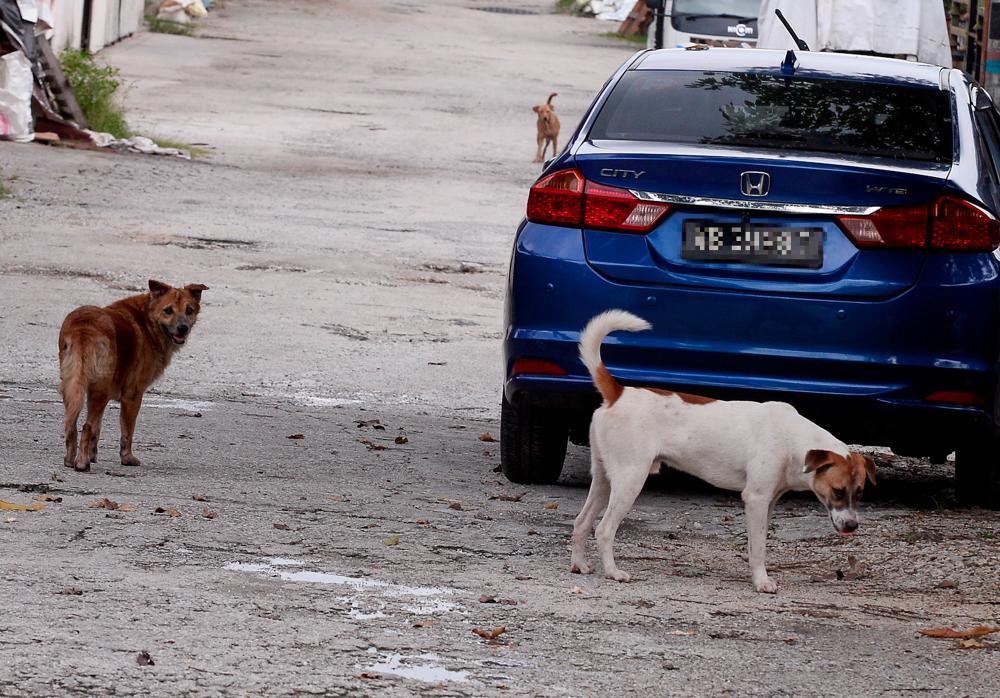PETALING JAYA: Animal cruelty in Malaysia is common due to poor enforcement of related laws, according to Paws Animal Welfare Society.
Its public relations officer Jonathan Yeoh said the Animal Welfare Act 2015 serves to hold animal abusers accountable and is an update over the previous law enacted in 1953.
In one incident he related, a teenager was caught on camera hitting and setting a stray dog on fire, but he got off with a one-year good behaviour bond and was granted bail of RM10,000.
Yeoh said under the Act, an individual could be fined up to RM100,000, a maximum imprisonment of three years, or both.
“Animal abuse is a very serious offence as it involves a life, but the punishment the offenders receive is similar to minor offences.
“The law is there, but the offender needs to be punished to the full extent as a deterrent for people to stop abusing animals.”
He urged the public to lodge reports with the Veterinary Services Department if they witness animals being abused.
“The department has the power to act in every case that involves animal abuse. We need to be proactive in reporting such cases so that the offenders can be punished.”
Yeoh said the Selangor government is looking into more humane ways of catching strays by incorporating the use of netting, which was announced during an online stray management forum organised by the Subang Jaya City Council on June 12.
“All local councils under the state government will incorporate the use of netting (instead of noose) poles, which are currently used.
“However, council members said the poles would still be required in very extreme cases where netting would not work.
“It is hard to capture animals found in drains. Hence, a pole would be used to ensure the animal doesn’t run away.”
He also said the government should carry out more initiatives to prevent animal abuse cases from happening by learning from the Netherlands.
“The Netherlands government set up an animal police force to combat abandonment and abuse.
“The animal police visit every household with a pet and collect data on the animals. They microchip every pet in the household and record the data in a central database system.”
Yeoh said the Netherlands also has a pet ownership transfer scheme that is similar to a car ownership transfer.
“If your friend wants to adopt your dog, you have to officially transfer ownership to your friend’s name. In the event the dog is abandoned, the owner can be easily identified.
“This is effective in preventing people from irresponsibly abandoning their pets. It allows the authorities to identify and punish the offender if they find a pet out in public without proper supervision or care.”
He added that the Netherlands government imposed high taxes on the purchase of pedigree animals.
“This encourages adoption and curbs the purchase of such animals.”
Yeoh said the Selangor government is looking into more humane ways of catching strays. – Adib Rawi Yahya/theSun









